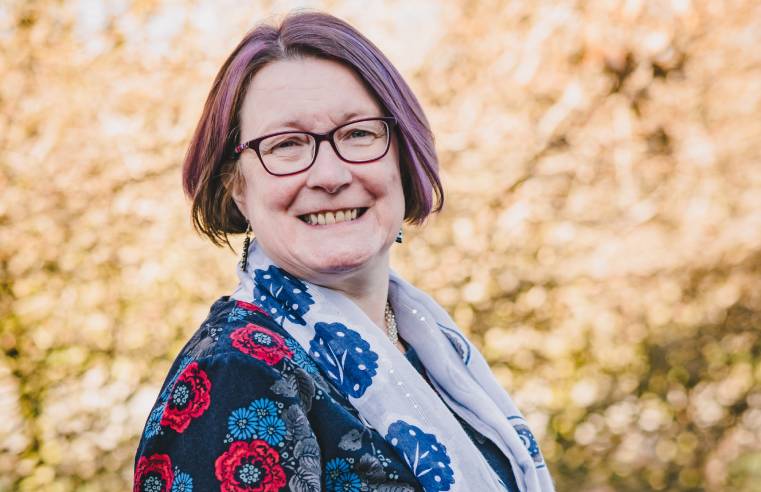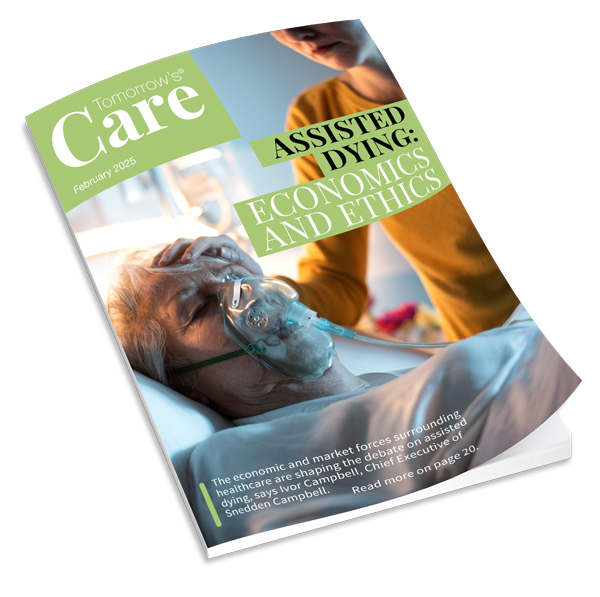A cap on care costs is the most preferred option by people in the UK when it comes to funding long-term care, new research has found.
The latest report from care finance specialist Just Group has found that 58% of over-45s support the idea, as proposed by the Dilnot Commission in 2011, which would limit the amount an individual has to pay for care before the State steps in.
Just Group started asking the question in 2014 and, although support initially dipped, the volume of backing it has received has now risen to its highest ever level. Even stronger support was shown from those in the over-75 category, with 65% in favour of the cap.
Stephen Lowe, Group Communications Director at Just Group, believes the figures demonstrate a growing realism about the cost of care among the public, who firmly place responsibility for setting a clear policy at the government’s door.
Stephen said: “Funding social care has been a perennial problem that’s dogged governments for decades now. Despite all the talk about solving the care crisis and delivering a sustainable policy, the public has seen precious little progress in the last 20 years. This government doesn’t appear to be breaking the mould, as yet another delay was quietly slipped out in the House of Lords last week.
“While the coronavirus pandemic has been the focus of attention for the Prime Minister and the Secretary of State for Health and Social Care, they cannot kick the can down the road for much longer.
“These findings demonstrate that support for a model that shares cost between the individual and the State has reached its highest level since we started running the research in 2014. The public recognises they will have to make some contribution to the cost of care but they also want some certainty on how much that will be – and, quite rightly, are looking to the government to make that clear.
“Planning later life care is difficult- it’s emotional and, at the moment, deeply unpredictable. This lack of policy, coupled with constant talk of change, leaves some of the most vulnerable in our society even more exposed to poor outcomes as they put off making plans.”


























